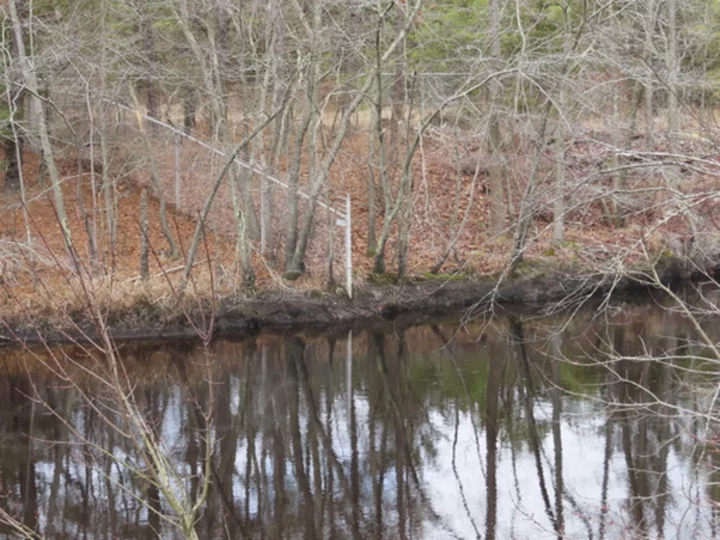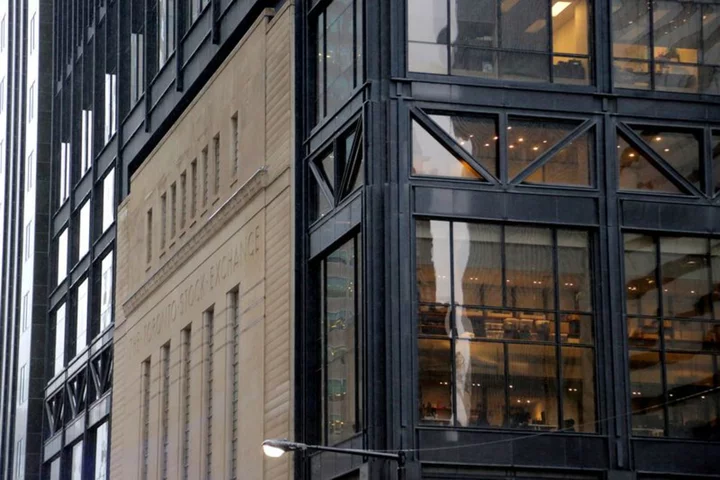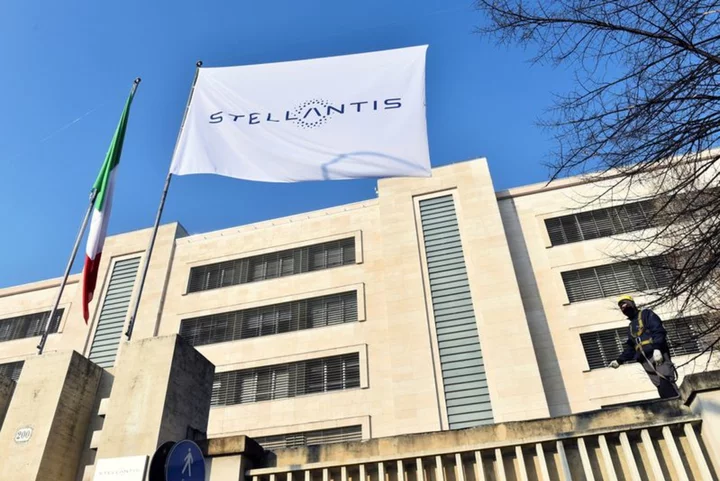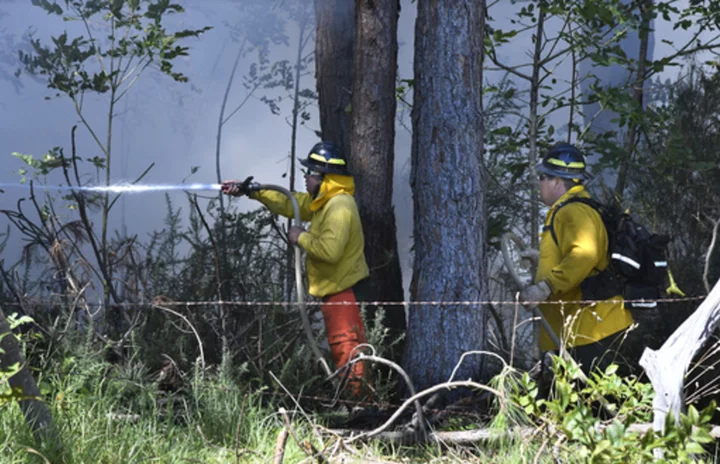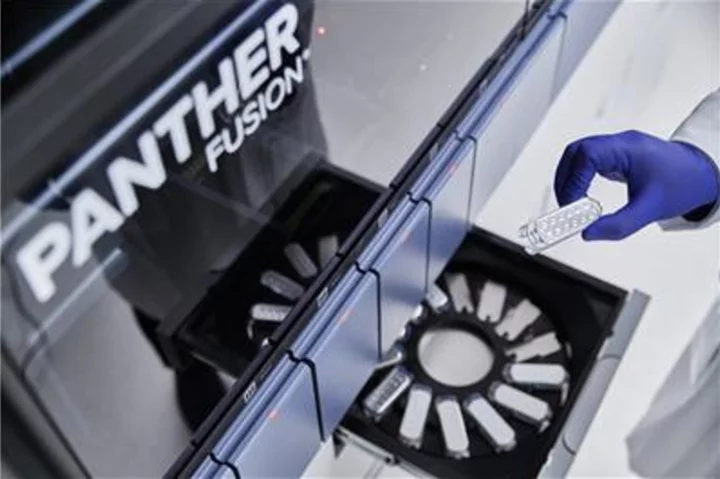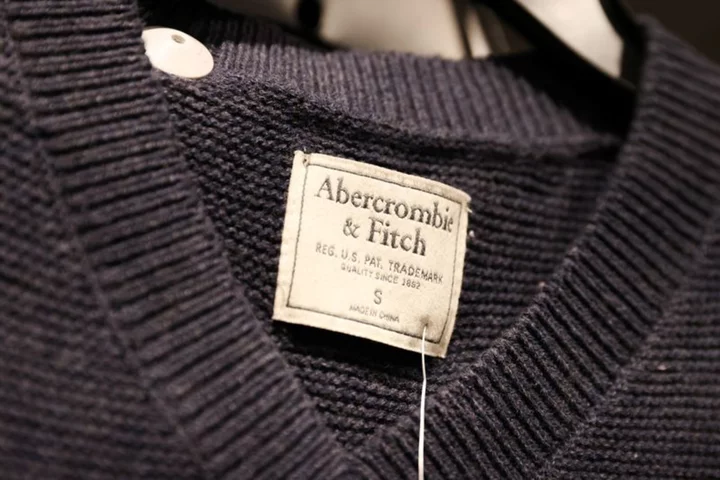TOMS RIVER, N.J. (AP) — New Jersey has accepted a revised settlement over chemical dumping that turned parts of a Jersey Shore community into one of America's most notorious toxic waste cleanup sites, but opponents say the deal is only marginally better than before and they plan to sue the state to block it.
The deal adds slightly more protected land and financial compensation for the public over damage to natural resources in and around Toms River, a community that saw its rate of childhood cancer cases increase. The New Jersey Department of Environmental Protection said Wednesday it finalized the settlement with the German chemical company BASF for decades of dumping by BASF's corporate predecessor, Ciba-Geigy Chemical Corp.
However, a group representing residents and environmentalists says the new deal is “vastly inadequate, by several orders of magnitude.”
The revised final settlement with BASF increases a cash payment from the company from $100,000 to $500,000, adds another 50 acres of company-controlled land to a conservation and public access plan, and obligates BASF to maintain nine restoration projects outlined in the original agreement for 20 years, up from 10 years in the original deal. The company must also restore wetlands and grassy areas; create walking trails, boardwalks and an elevated viewing platform; and build an environmental education center.
The DEP said the settlement is designed to preserve approximately 1,000 acres of the former industrial site onto which Ciba-Geigy dumped toxic chemicals from dye-making and other operations. It is designed to protect groundwater in perpetuity, and compensate the public for the damage to that resource.
Ciba-Geigy Chemical Corp., which had been the town’s largest employer, flushed chemicals into the Toms River and the Atlantic Ocean, and buried 47,000 drums of toxic waste in the ground. This created a plume of polluted water that has spread beyond the site into residential neighborhoods. It made the area one of America’s most prominent Superfund sites, joining the list of the most seriously polluted areas in need of federally supervised cleanup.
The state health department found that 87 children in Toms River, which was then known as Dover Township, had been diagnosed with cancer from 1979 through 1995. A study determined the rates of childhood cancers and leukemia in girls in Toms River “were significantly elevated when compared to state rates.” No similar rates were found for boys.
Residents and environmental groups quickly dismissed the revised deal as not much better than the original one, which they also decried as woefully inadequate.
“Really, nothing has changed, other than now we're going to court,” said Britta Forsberg, executive director of the environmental group Save Barnegat Bay. They're one of many groups pushing the state to insist on significantly better compensation given the historic harm that occurred at the site and in neighboring communities.
“They never put a value to the damage caused to our land, our river, our bay, our ocean, our wildlife or our habitat,” Forsberg said.
Ciba-Geigy, which was charged criminally, paid millions of dollars in fines and penalties on top of the $300 million it and its successors have paid so far to clean up the 1,250-acre (506-hectare) site — an ongoing effort with no end in sight.
Toms River Mayor Maurice Hill Jr. said the settlement was negotiated behind closed doors and without input from Toms River and other affected communities. He called the deal “woefully inadequate and does not come close to justly compensating the community for the damage done to our environment.”
DEP Commissioner Shawn LaTourette has said the settlement is not designed to punish anyone, and emphasized that BASF remains obligated to completely finish cleaning up the site under the supervision of the federal Environmental Protection Agency.
In 1992, Ciba-Geigy paid $63.8 million to settle criminal charges that it illegally disposed of hazardous waste, and it and two other companies reached a $13.2 million settlement with 69 families whose children were diagnosed with cancer.
BASF took over the site in 2010, two decades after plant operations ceased, and emphasizes that it did nothing to contaminate the site.
BASF spokesperson Molly Birman said the company is pleased the settlement has been finalized and is committed to its terms.
“This agreement allows us to move forward with the restoration and conservation projects that will benefit the Toms River site and community,” she said. “We look forward to preserving the land, implementing the planned environmental projects and opening new possibilities to encourage recreation, learning and community engagement at the site for decades to come.”
The company is pumping almost a million gallons a day from the ground, treating it to remove contaminants, and discharging it back into the ground. About 341,000 cubic yards (261,000 cubic meters) of soil has been dug up and treated at the site — enough to fill 136,400 pickup truck beds.
___
Follow Wayne Parry at www.twitter.com/WayneParryAC

